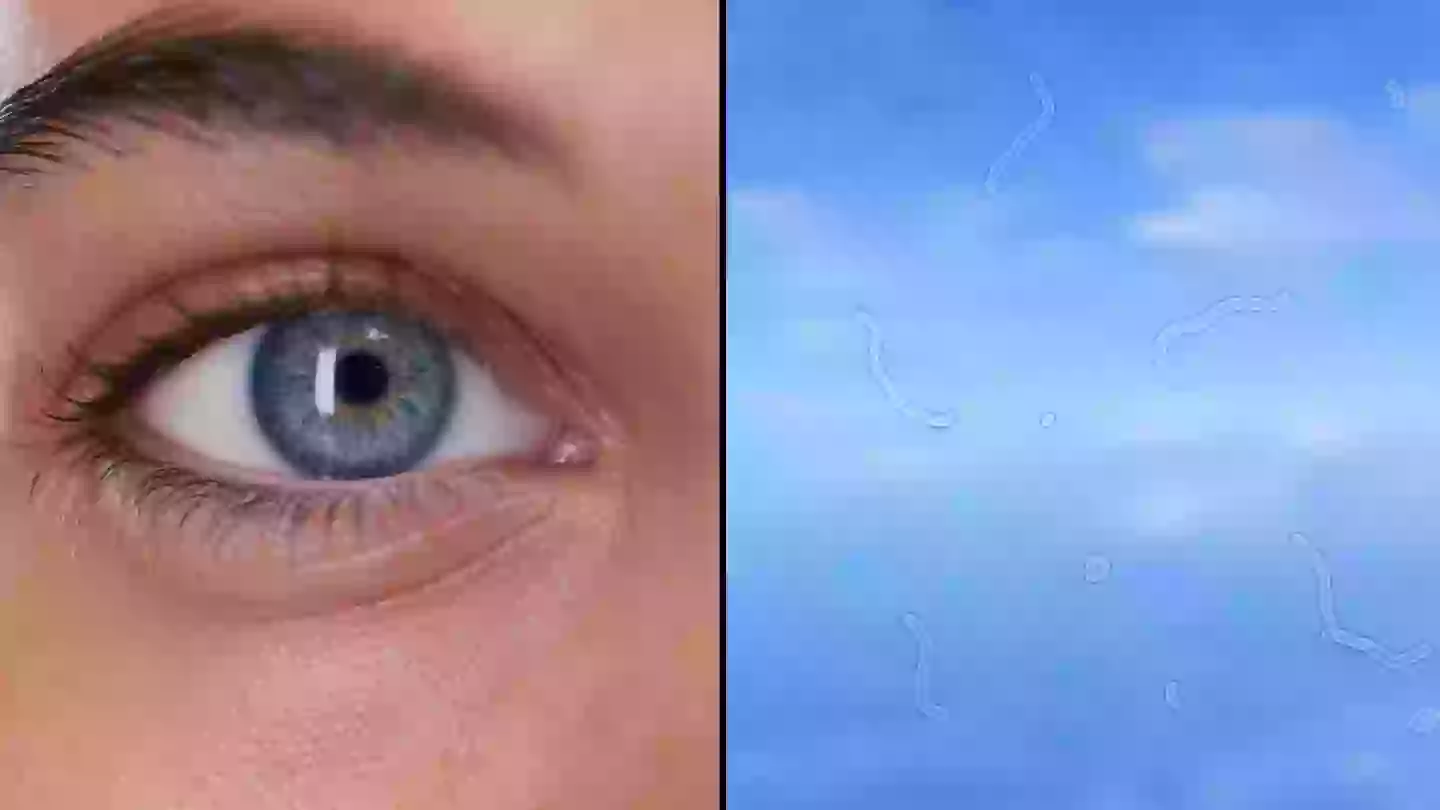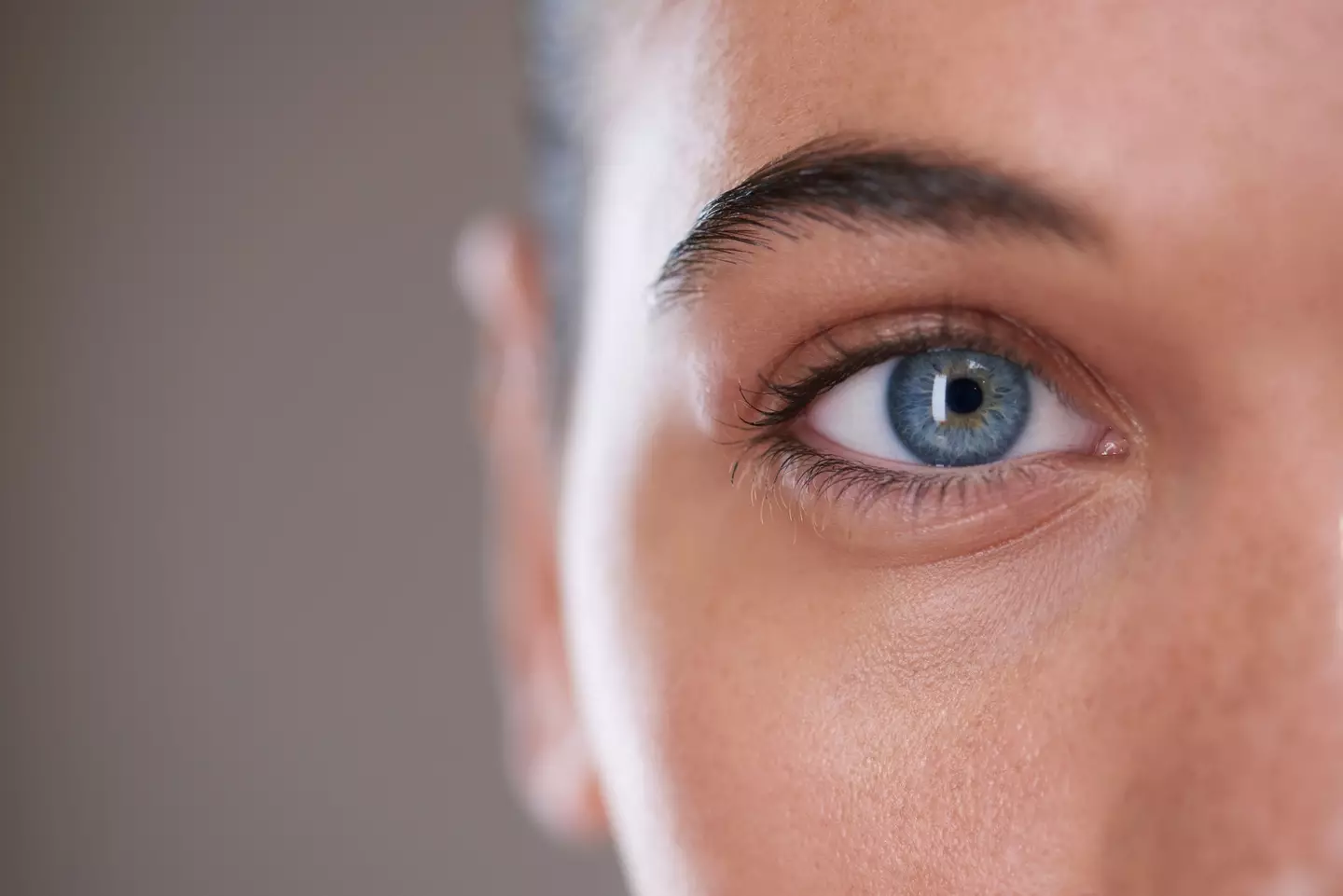
Mosquitoes can be annoying and even dangerous, but nature offers simple remedies using herbs you can easily find at home or in local markets.
Here’s a popular folk method:

Ingredients:
- Lemongrass (fresh stalks or dried)
- Basil (sweet or Thai basil works best)
- Mint leaves
- Lavender (optional, for fragrance)
- A small pot or saucepan
- Water
Instructions:
- Boil the herbs: Fill a small pot with water and add a few stalks of lemongrass (chopped), a handful of basil, and mint leaves. If you have lavender, add a few sprigs for extra fragrance.
- Simmer gently: Let the mixture simmer on low heat for 10–15 minutes. The heat releases natural oils from the herbs, which mosquitoes strongly dislike.
- Place around the house: Pour the herbal water into small bowls or leave the simmering pot on the stove. Focus on windowsills, bedside tables, and outdoor seating areas.
- Optional spray: Once cooled, strain the water and pour it into a spray bottle. You can lightly spray your skin (avoid eyes and mouth) or areas where mosquitoes gather.
Why it works:
- Lemongrass contains citronella, a natural mosquito repellent.
- Basil and mint release aromatic oils that mosquitoes avoid.
- Lavender adds a pleasant scent for humans but repels insects.
Extra Tips:
- Planting these herbs in small pots around your home or garden provides a constant natural barrier.
- Refresh the boiled mixture every day or two for the strongest effect.
- Wearing clothes made from natural fibers and avoiding scented lotions can help enhance the herbs’ repelling effect.
This method is completely natural, safe for children and pets, and gives your home a fresh, herbal fragrance while keeping mosquitoes at bay.
Eye Doctor Explains What To Do If You Start Seeing ‘Floaters’

Ever been looking at something and wondering what those weird little smudges or wiggly lines are only to realise there’s nothing there?
Most of us have probably experienced the odd rare ‘floater’ in our eyes and let’s be honest, they’re well annoying.
But while they can be very common, it’s worth keeping, well, an eye on them.
And a health expert has explained what you should do if you do start seeing those pesky ‘floaters’.

What are ‘floaters’?
Royal Australian and New Zealand College of Ophthalmologists’ Dr Daniel Polya explained that floaters are a result of vitreous fibres (these make up around 80 percent of the eye) clogging together.
He explained to Daily Mail Australia: “It’s the condensation of the collagen fibres. Large molecules of collagen clog together and cast shadows on your retina which you perceive as eye floaters.”
And those clogs create the shape of those dark blobs or squiggly lines we often see after looking at a bright light or white wall.
What the floaters can mean
“What’s really disappointing is when someone will come in with retinal detachment from a posterior vitreous detachment that hasn’t been examined earlier,” the expert said.
Posterior vitreous detachment (PVD) is a common condition which is typically a harmless process where the gel inside your eyes changes.
Though sometimes it can be caused by retinal detachment and causes a large ring-shaped floater in the eye.
“For those that get PVD, there’s a five percent chance it’s developing a tear in the retina, and if a tear does occur, there’s a 50 percent chance of retinal detachment,” Dr Polya said.
A retinal tear is still treatable using laser surgery, but the expert adds that this is why it’s so important to catch it early as there can be further damage.
“PVD is common and not that disappointing to see, whereas retinal detachment is disappointing to see in a patient who could have had an earlier exam when they first got floaters,” Dr Polya said.

It’s important to keep check of your eye health
When to see an optician
While you might be used to seeing them in your eyes, it’s important to see an optician when new ones appear.
Dr Polya stresses it’s ‘so important to see an optician when a floater first appears’.
For most people, they can be part of everyday life and we learn to ignore them.
The expert added: “Laser surgery can also be performed to break up big, problematic floaters, but it has risks associated.”